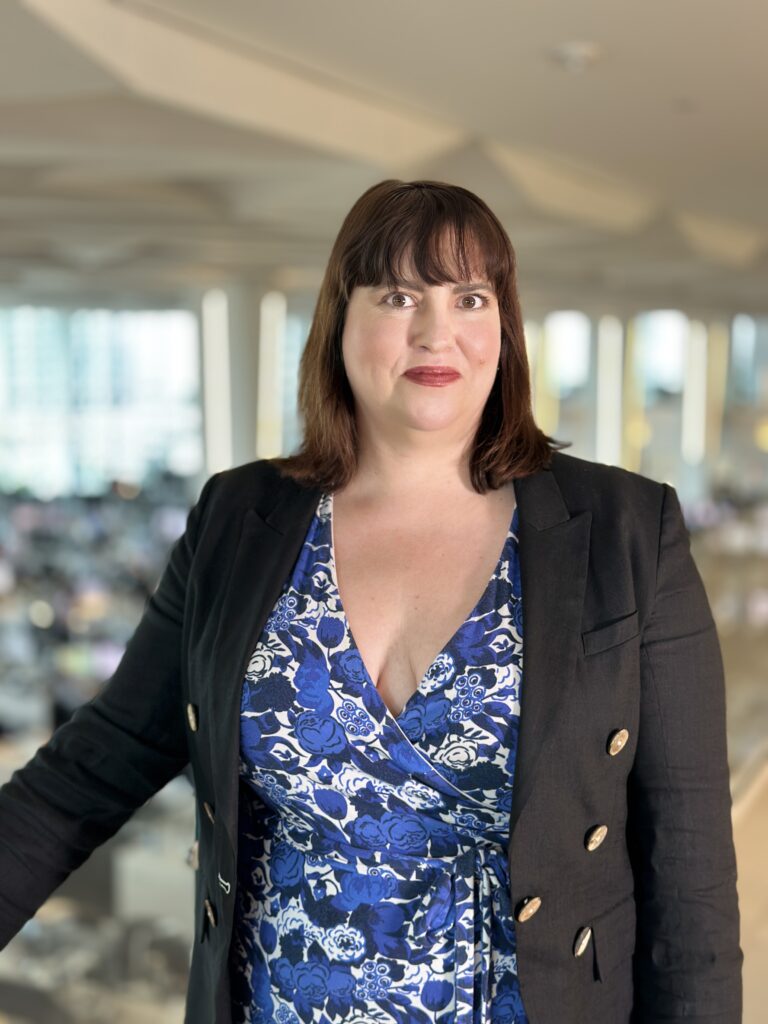For Premium Subscribers
Averill Conn was working at home in the fall of 2020, as were most of us, due to the Covid-19 pandemic shutdown. Conn received “a cold call from a headhunter” looking to hire an experienced attorney to support Vitol’s power, gas and renewables businesses. She had never taken a job through a recruiter and wasn’t looking to make a move.
She took the call, and Vitol is glad she did.
Mark Curriden, founder of The Texas Lawbook, had a chance to ask her about her experiences, both at Vitol and in-house in general.
Texas Lawbook: What has been your best day so far at Vitol?
Averill Conn: Whew, that’s a tough one. But almost 17 years into practice, there’s still nothing quite like closing a big deal. It’s about as close as you can get in the working world to that sense of satisfaction and finality of the last day of school.

Lawbook: What is one project you are handling that excites you the most?
Conn: I don’t think it’s a single project so much as helping to build the renewables platform from the ground floor. Earlier this year, we brought our solar development team in-house and are rapidly expanding our development pipeline, all while getting our first utility-scale solar and storage projects online. When I joined Vitol just a little over two years ago, we had just one wind farm (which we were getting ready to repower) and some small distributed and community solar generation assets in operation. Today, we have a management team in-house who have developed and built close to 1 gigawatts of projects, with a goal of getting another 500 megawatts online in the next 12 months.
Lawbook: What do you look for in hiring outside counsel? Do you have specific criteria?
Conn: Above all, I look for competence and integrity. I hire external counsel for their knowledge and expertise, often in areas that are not my own. I need you to know what you’re doing. I also need outside counsel who will give me their opinion. No one wants to pay someone $1000-plus an hour for a long-winded, non-answer or some lame excuse that something is “market.” Insofar as “soft skills” go: Good communication is key and surprisingly difficult to find, especially among elite practitioners. E.g., late deliverables are a pet peeve of mine. I also have a strong dislike for lawyers who view negotiations as “zero-sum” games or who argue for argument’s sake. I don’t practice in a court room. Most of the deals I work on are the beginning of long-term relationships, where we are trying to build something constructive. I expect my outside counsel to act accordingly.
To read Mark Curriden’s full-length profile of Averill Conn, click here.
Lawbook: What does outside counsel need to know about you?
Conn: I would love to dispel the falsehood once and for all that in-house counsel are comprised of lawyers who either weren’t bright enough or weren’t willing to work hard enough to make partner at a law firm. Over the course of my career, that viewpoint has certainly lessened, but I still run into that prejudice from time to time. Ultimately, private practice and working in-house are two very different jobs, requiring different skill sets. It’s taken me a long time to realize that my strengths (efficiency, pragmatism, ability to make quick decisions) are more appreciated inside a company.
Lawbook: How important is diversity within your legal department in in determining your outside counsel?
Conn: It’s important, but we do not have hard and fast requirements regarding D&I. Ultimately, we hire the right lawyer (or law firm) for any particular engagement. That said, Vitol’s legal department, like many companies, is majority female with many persons of color, and there is a growing expectation that our law firms will be similarly made up.
